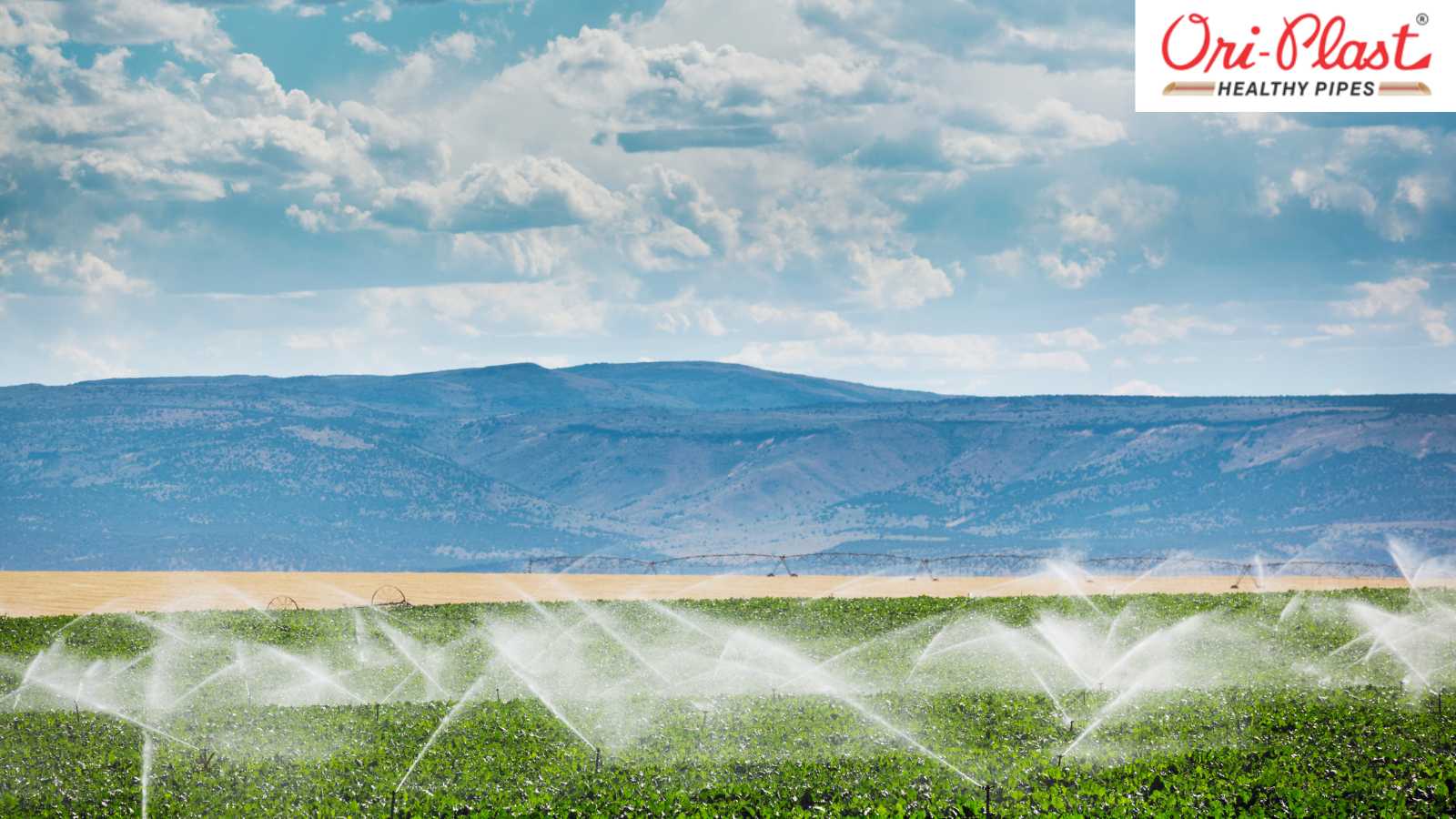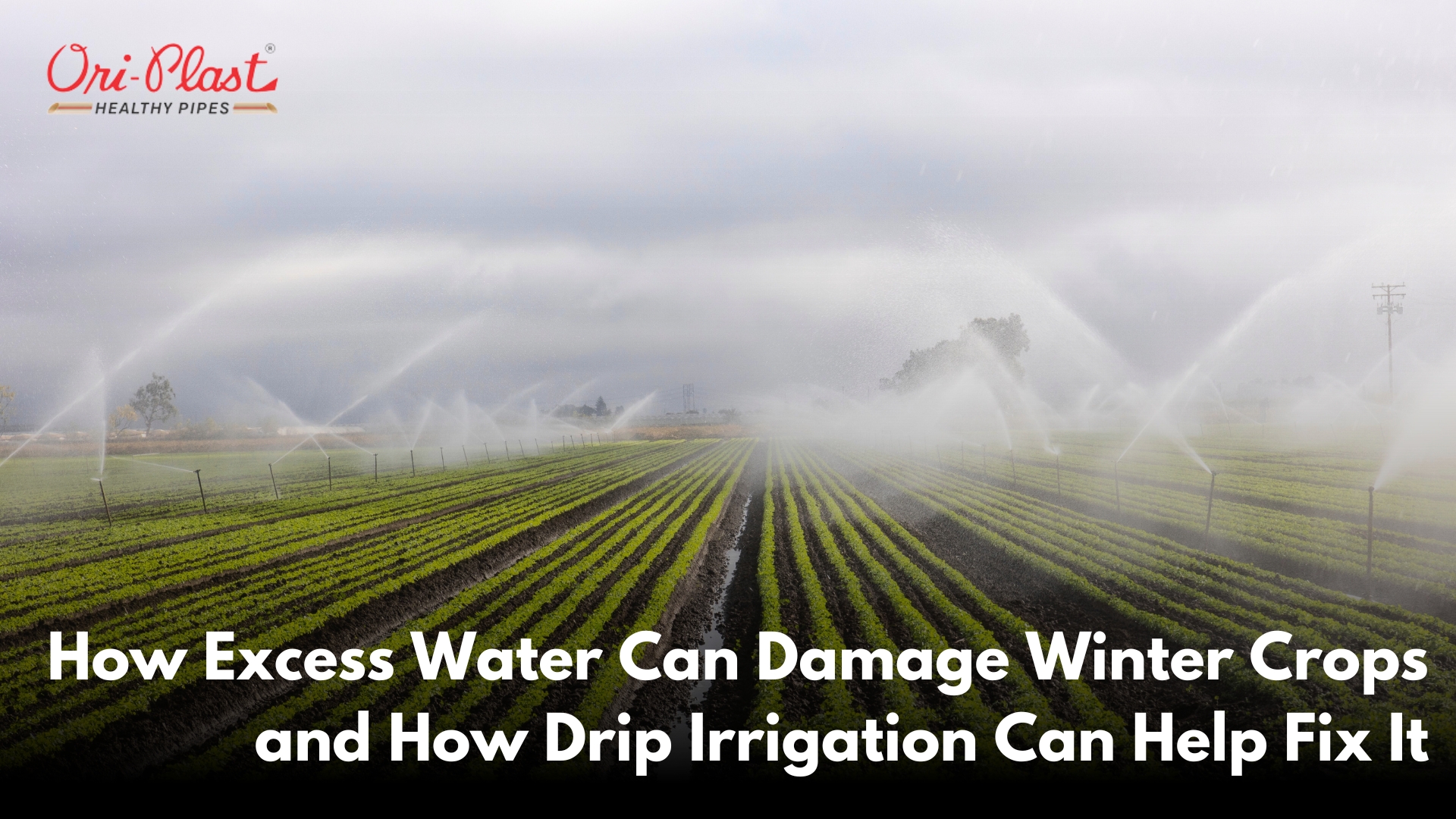In India, where agriculture plays a crucial role in the economy, efficient water management is essential for sustainable growth. With the advent of smart irrigation technologies, farmers now have access to advanced tools and techniques to optimize water usage, increase crop yield, and conserve resources. July marks the celebration of Smart Irrigation Month, a time to promote awareness and adoption of Irrigation practices in India. In this article, we will explore the significance of irrigation, the benefits it offers to farmers, and the various technologies available to implement it. Let's dive into the world of smart irrigation and its positive impact on Indian agriculture.
Understanding Smart Irrigation
Smart irrigation refers to the use of advanced technologies and systems to deliver water precisely and efficiently to plants. These systems are designed to monitor soil moisture levels, weather conditions, and plant water requirements, allowing farmers to provide the right amount of water at the right time. By integrating real-time data and automation, smart irrigation helps optimize water usage, reduce waste, and improve crop health.
The Importance of Smart Irrigation in India
India is predominantly an agricultural nation, heavily dependent on monsoon rains for irrigation. However, climate change, unpredictable rainfall patterns, and depleting water resources have posed significant challenges to farmers. Irrigation technologies offer a solution to these challenges by empowering farmers to make informed decisions regarding water usage, resulting in increased productivity, reduced costs, and environmental sustainability.
Benefits of Smart Irrigation
a) Water Conservation: Irrigation systems reduce water waste by delivering precise amounts of water based on plant needs and environmental factors. This results in significant water savings, addressing the issue of water scarcity in India.
b) Increased Crop Yield: By providing plants with optimal water and nutrient levels, irrigation promotes healthy growth and maximizes crop yield. Farmers can achieve higher profits and enhance food security through improved productivity.
c) Cost Efficiency: Irrigation technologies help farmers optimize resource utilization, reducing energy costs, labor expenses, and water bills. The long-term benefits outweigh the initial investment, making it a cost-effective solution for Indian farmers.
d) Environmental Sustainability: Efficient water management through irrigation minimizes the negative impact on the environment, such as water pollution and soil erosion. It also reduces the carbon footprint associated with traditional irrigation methods.
Smart Irrigation Technologies
a) Soil Moisture Sensors: These sensors measure the moisture content in the soil, enabling farmers to determine the exact amount of water required by the plants. By avoiding overwatering or underwatering, farmers can maintain optimal soil moisture levels.
b) Weather-Based Controllers: These controllers utilize real-time weather data to adjust irrigation schedules. By considering factors like rainfall, temperature, and humidity, farmers can automate their irrigation systems to operate only when necessary, reducing water waste.
c) Drip Irrigation Systems: Drip irrigation is a highly efficient method that delivers water directly to the plant's root zone, minimizing evaporation and runoff. This technology ensures precise water distribution, particularly useful for areas with limited water resources.
d) Remote Monitoring and Control: With the help of IoT (Internet of Things) technology, farmers can remotely monitor and control their irrigation systems through mobile apps or computer interfaces. Real-time data analysis allows for immediate adjustments and ensures optimal water usage.
Government Initiatives and Support
The Government of India recognizes the importance of irrigation and has launched several initiatives to promote its adoption. Programs like Pradhan Mantri Krishi Sinchayee Yojana (PMKSY) and Paramparagat Krishi Vikas Yojana (PKVY) provide financial assistance, training, and subsidies to encourage farmers to adopt irrigation technologies. These initiatives aim to empower farmers, improve their livelihoods, and contribute to the overall growth of the agricultural sector in India.
Conclusion
Smart irrigation technologies have the potential to transform Indian agriculture by addressing water scarcity, increasing crop yields, and promoting sustainable practices. By embracing these innovations and leveraging government support, farmers can navigate the challenges posed by climate change and resource limitations. As we celebrate Smart Irrigation Month, let us recognize the power of smart irrigation in shaping a brighter future for Indian agriculture. Together, we can create a sustainable and prosperous farming ecosystem that benefits both farmers and the nation as a whole.




